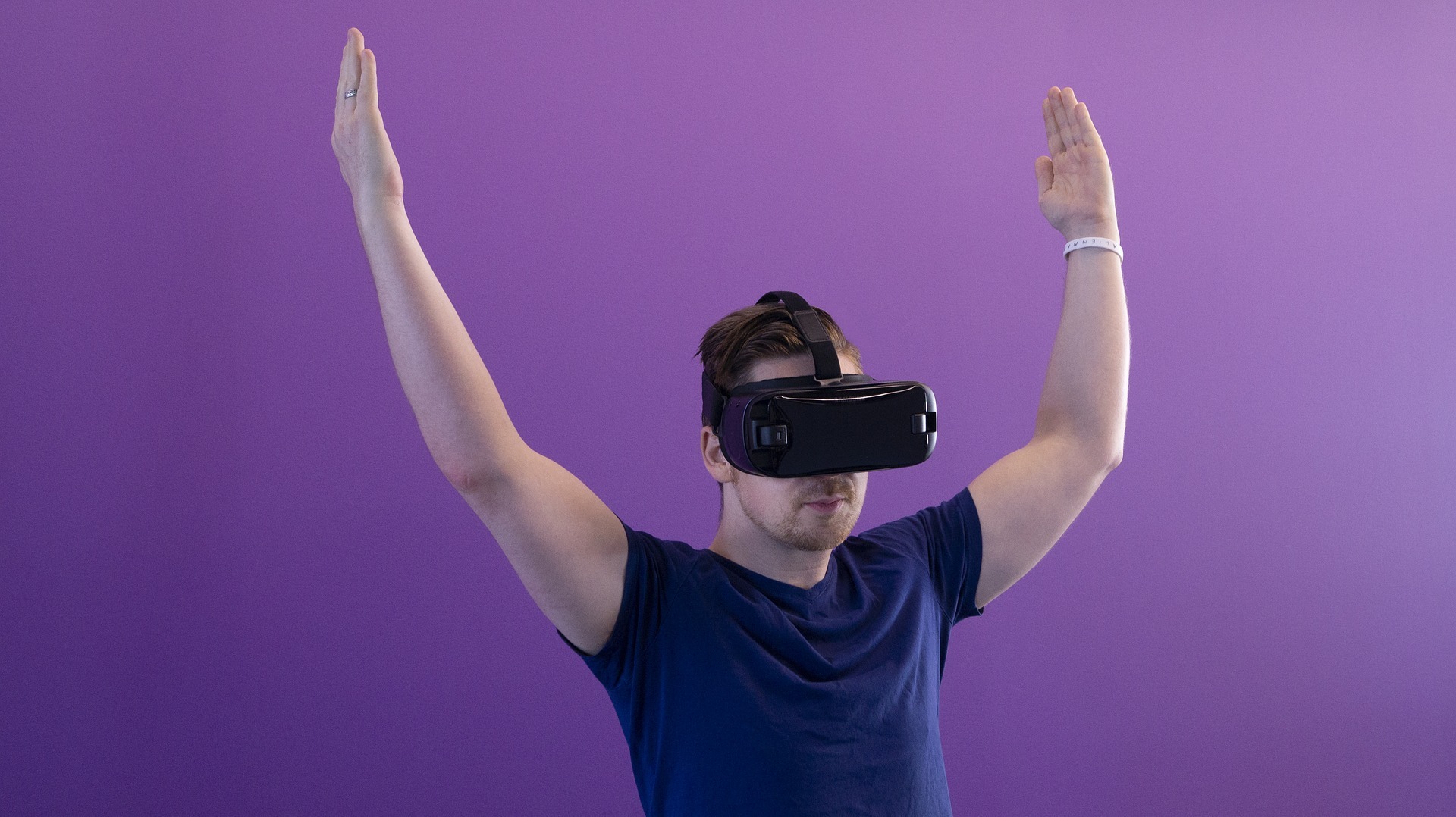Out-of-body experience (OBE) is one of the phase states, which also include lucid dreams, sleep paralysis, false awakenings, etc. Scientists from Spain and Sweden (Loretxu Bergouignan, Lars Nyberg, and Henrik Ehrsson) interested in this phenomenon conducted an experiment that gave participants the opportunity to experience the sensation of leaving the body. This was not a phase state; rather, it was an illusion of OBE created with the help of modern technology.
The researchers attracted absolutely healthy participants who had no physical or psychological diseases. Using a head-mounted display (HMD), the volunteers saw their own body from the outside. The sound in the room was also adjusted so as to facilitate the illusion.
The authors studied the effects of OBE in social interactions, as well as subsequent memories. Many survivors of trauma or clinical death describe their experience from a third-person perspective. The researchers organized four theatrical dramatizations for the participants. The actor portrayed a professor, and the volunteers gave him exams in four different subjects: two from the first-person, and two from the third-person perspective. A week later, a check was organized to test what the participants remembered and from which point of space they perceive themselves in these memories.
As the authors note, in a normal situation (non-traumatic and without OBE), approximately one third of memories are spontaneously presented by people from the third-person perspective. In the conducted experiment, if we take into account only the scenes in which the participants were virtually outside their bodies, this proportion increased to about half.
Researchers believe that such experiments will help to study the phenomenon of out-of-body experience, namely how exactly depersonalization occurs and how it affects the person’s memories.
Would you like to experience OBE in virtual reality?
The article was published in September 2021 in the Journal of Cognitive Psychology.




